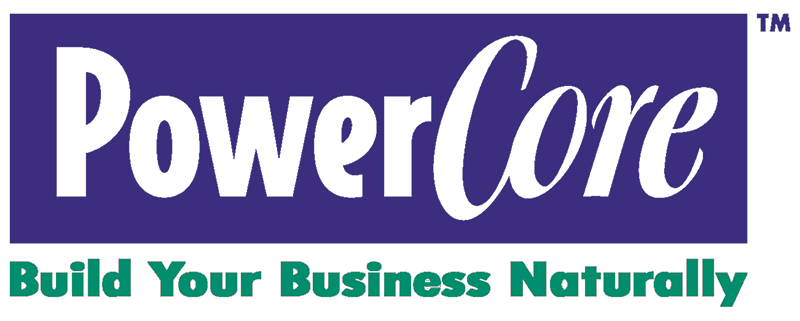
What To Do To Give Referrals: Four Ways to Give
FeedForward questions and Single Best Things let the 7-Minute speaker know you were giving them your attention.
What system do you use to hold yourself accountable for completing a FeedForward card – for giving what you expect to get?
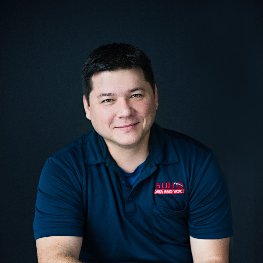
Response from Jon Ongtingco
from the Cumberland Team
I keep two questions in my head while listening to a 7 minute presentation: Who do I know that this would apply to? What will their first question be when I bring this up? If I think of someone the information applies to, I write their name on a referral record to remind me to follow up with them. I write down the first question(s) that will be asked on the feed forward card. I also mark a TIL (Today I learned) as soon as I hear something new. If I didn't hear anything new, I leave it blank.

Response from Chris Quay
New information is always valuable, if it is new to the members of the table then there is a great chance it will be new to potential clients, a fact, statistic etc. I try to anticipate what the first question will be from a potential client when I mention the member and their services, I also try to convey how this connection will make thier situation a little easier.
 (680x800) (544x640).jpg)
Response from Angie Hays
Listening is an art. I mean, really listening to not only hear what is being said, but to understand the bigger picture of the scenario being described, the people involved, the purpose of the scenario. I always look for the "who", "what" and "why" of each scenario. For example, when Chris talks about a homeowner who is terrified of bugs and sees bugs that aren't even there (LOL), I think to myself, why are they so arfaid? Do they have a baby in the house, a health-related issue that worries them? Who do I know who has those same concerns? What can I look for with my own clients, friends, family that describes this person? What habits does this person have that I can see easily? I listen to learn more about the scenario, so I can recognize a referral when I meet them. This usually brings forth more questions that don't even pertain to the subect of the 7-minute, but that's ok!

Response from John Hulbert
I try my hardest to listen 'till the end, but I find myself writing my question, and my Single Best Thing about 1/2 way through. I'm writing as soon as hear new information from the presenter that I know I can use to refer someone, and also, my SBT is more often than not something I didn't know about the presenter's business. But, in my almost 10 years in PC, there are times I write something I hear that I would like them to talk more about, or I don't understand...in future InfoMinutes and 7-Minute Presentations. There have been very few times I haven't heard, therefore LEARNED something new.
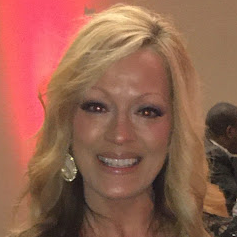
Response from Judy Bagwell
from the Canton Business Leaders Team
To let the presenter know that I am listening, I like to speak out after they have presented and let them know the Single Best Thing I learned. I will also write down the questions I have immediately when they have said something that triggers my mind and possibly have a referral for what they are presenting about. I know how much it means to me when I receive the feed forward cards from my 7 minute. This is what we do to give and get referrals!
Response from Justin Cox
I am horrible at systems and way too often fly by the seat of my pants. It is one of the reasons I love Powercore, it is a built in system for me to follow and keep me on track. With 7-minute speakers I find it hard to follow an exact system since everyone does their presentations different. Sometimes I write my question as soon as it hits me, only for that question to be answered later in the presentation. For the last few 7-minute presentations I have tried to take notes, including questions, and letting that formulate my question at the end.
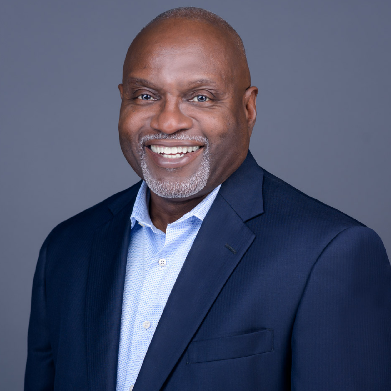
Response from Ron White
from the Decatur Team
I like to note the Single Best thing that will help me use when referring them to a prospect. That one thing caught my attention to share.

Response from Tim Miller
Feed Forward cards are some of the best items we get. It allows us a perspective from outside of our industry on what we can communicate better or information wanted. Every presenter gets a card from me and I try to make sure that I; 1 - ask a question to them from the presentation, 2 - ask a question that I would like to know more about in general about the business, 3 - highlight someothing they spoke about that I feel is very important that they spoke about.

Response from Jason Patton
The process of accountability starts before the presentation with the notes I take each week during the info minutes. Reviewing the notes the night before keeps the information top of mind and I am ready for the presentation. This keeps me from repeating an ah-ha moment on the card that was previously mentioned in the weeks before showing the presenter that I am listening and I value their time. In addition, if there is a topic I would like them to expand on I can invite them to a coffee so they can explain in detail rather than a rushed moment on the spot after the meeting or during the next info minute. This manages the expectations of the presenter and myself for the next time that we meet.
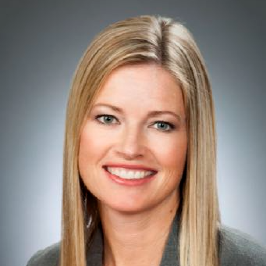
Response from Amy Worley
Our team is held accountable as a whole since we turn them in to the PCO prior to giving to the speaker. PCO reviews we have participation for accountability. Important for the presenter to know you were engaged with the single best thing. I like to include 2-3 items that I learned from the presentation (an ah-ha moment). With the questions, I try to relate to my clients and what they would ask so I can connect for a referral. Hopefully this give the presenter more topics for infominutes.

Response from Aaron Veres
from the Canton Business Leaders Team
For being somewhat new in the professional world there are many industries I do not know about so when the participation coordinator sends out the agenda I will look at who's presenting ahead of time and write down a question about their line of work or industry I do not know about. Knowing more allows me to think of that feed forward question to start the conversation with a client of mine to help give more refferals. Also during the presentation when a person of interest comes to mind I will immediatly right down their name in my notes and follow up about introducing them to the presenter.
What I find very helpful is when someone writes down "a great refferal for you would be someone in the _____ industry." This gives me of an idea on how to structure my info minutes to try and target someone in that indurstry.
Response from Matthew Honea
from the Canton Business Leaders Team
I like to mention at least three single best things I received from the 7 minute presentation. It may be either personal or professional, but something that I can use as a mental referral trigger. For the feed forward question(s), I relate them to how my clientele would receive the presented information when a referral is passed. Additionally, if there are opportunities to increase the presenter's business, I certainly would make suggestions to bring them to light.
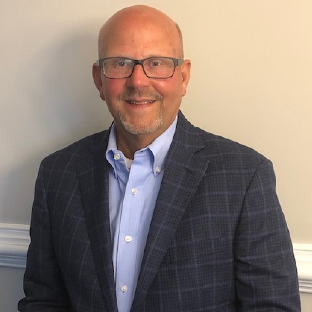
Response from Doug Ross
from the Canton Business Leaders Team
My Feed Forward system discipline begins by reflecting on all the great Feed Forward responses I have received. The personal benefits from the responses, acknowledged that the team understood my 7 Minute content and gave me great suggestions for future Info Minute content, which is relevant to the team. My listening skills during a colleagues 7 minute presentation processes the content with the Feed Forward objective in mind.

Response from Tom Wallace
from the Peachtree City Team
During the 7-minute presentations, I listen for new information that I could pass on to a referral and write it down right away so I don't forget. I also think of a question that someone I'm speaking to might ask either in reference to the presentation or about the presenter.
I think about who this could apply to that I know and note this for when I see them next.

Response from Paul Mitchell
from the Canton Business Leaders Team
When a 7-minute speaker is scheduled I go through notes I have taken on their informinutes to spur on and prepare questions about their business. This way I am prepared to give my attention during the speech and focus on the Single Best Thing that I can learn from what they are saying.

Response from Rob Mickler
While listening to the presenter, I jot down a couple of things that either stand out about their business or things I didn't know. Whenever I hear of that one thing that separates this presenter's business from another, I write down someone who can benefit from the service and refer them.
